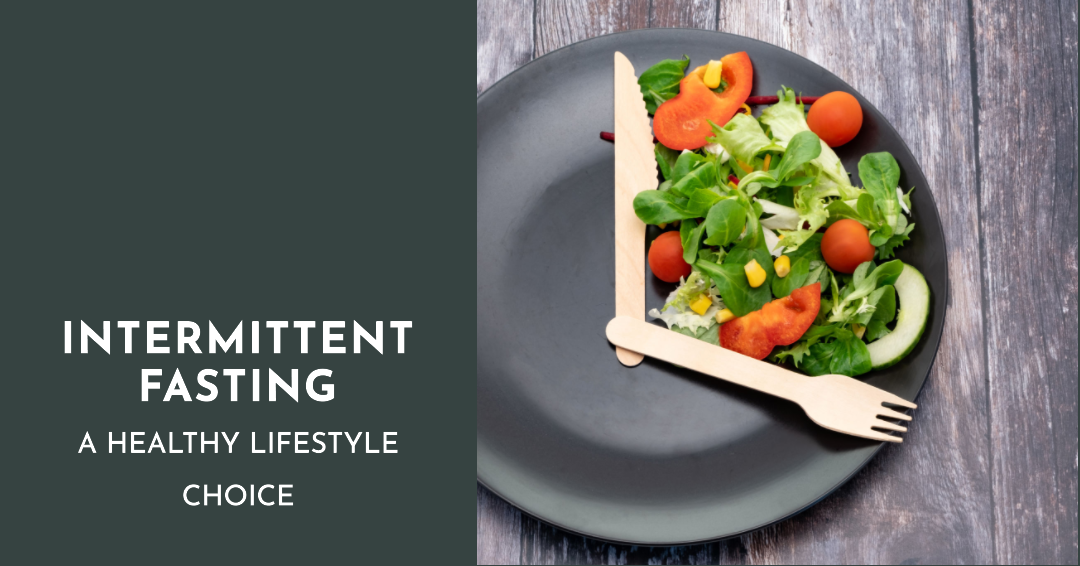Intermittent fasting (IF) has garnered attention in the wellness arena, and with good reason. But is it actually healthy? At mr5am.com, we’re dedicated to providing clear, researched lifestyle and health information. Today, we’re diving into the world of intermittent fasting.
Intermittent fasting is a diet regimen where one cycles between periods of eating and fasting. It doesn’t specify what foods you should eat but rather when you should eat them. In this respect, it’s less of a diet and more of a lifestyle. But how does it impact your health?
“Intermittent fasting is a lifestyle, not just a diet. Understanding how it impacts your health is crucial.”
What is Intermittent Fasting?
Intermittent fasting involves alternating cycles of fasting and eating. The most popular methods include the 16/8 method, Eat-Stop-Eat, and the 5:2 diet. Each method varies in the duration of the fasting and feeding periods.
The Science Behind Intermittent Fasting
- Intermittent fasting alters the functions of cells, genes, and hormones.
- During a fast, insulin levels drop, which facilitates fat burning.
- The blood levels of growth hormone may increase as much as 5-fold, leading to additional fat burning and muscle gain benefits.
The Health Implications of Intermittent Fasting
The potential benefits of intermittent fasting can be significant. However, it’s essential to note that more research is needed, and the effects can vary between individuals.
In an intriguing intersection of diet and health, IF has been shown to impact your blood sugar levels over time. This concept brings us to HbA1c – a snapshot of your blood sugar you need to understand.
HbA1c: The Three-Month Snapshot of Your Blood Sugar You Need to Understand
Research has found that intermittent fasting can improve many risk factors for heart disease such as blood pressure, cholesterol levels, triglycerides, and inflammatory markers.
“Remember, health is not one-size-fits-all. Individual experiences with intermittent fasting can vary widely.”
Intermittent Fasting: Yay or Nay?
While the benefits of IF are promising, it’s crucial to remember that the most critical factor in any diet or lifestyle change is sustainability. Before embarking on intermittent fasting or any new health regimen, consult with a healthcare professional.
To conclude, intermittent fasting can be a powerful tool when used correctly and with the right guidance. Remember, health is a personal journey, and what works for one person may not work for another.
In the end, the answer to “Intermittent Fasting: Is It Healthy?” isn’t a straightforward ‘yes’ or ‘no.’ It’s a nuanced ‘it depends.’ But armed with the right knowledge and resources, you can make the decision that’s right for you.
If you found this article insightful, explore more on our blog for lifestyle and health information, guidance, and advice.
Remember, before embarking on any diet or lifestyle change, please consult with a healthcare professional.

